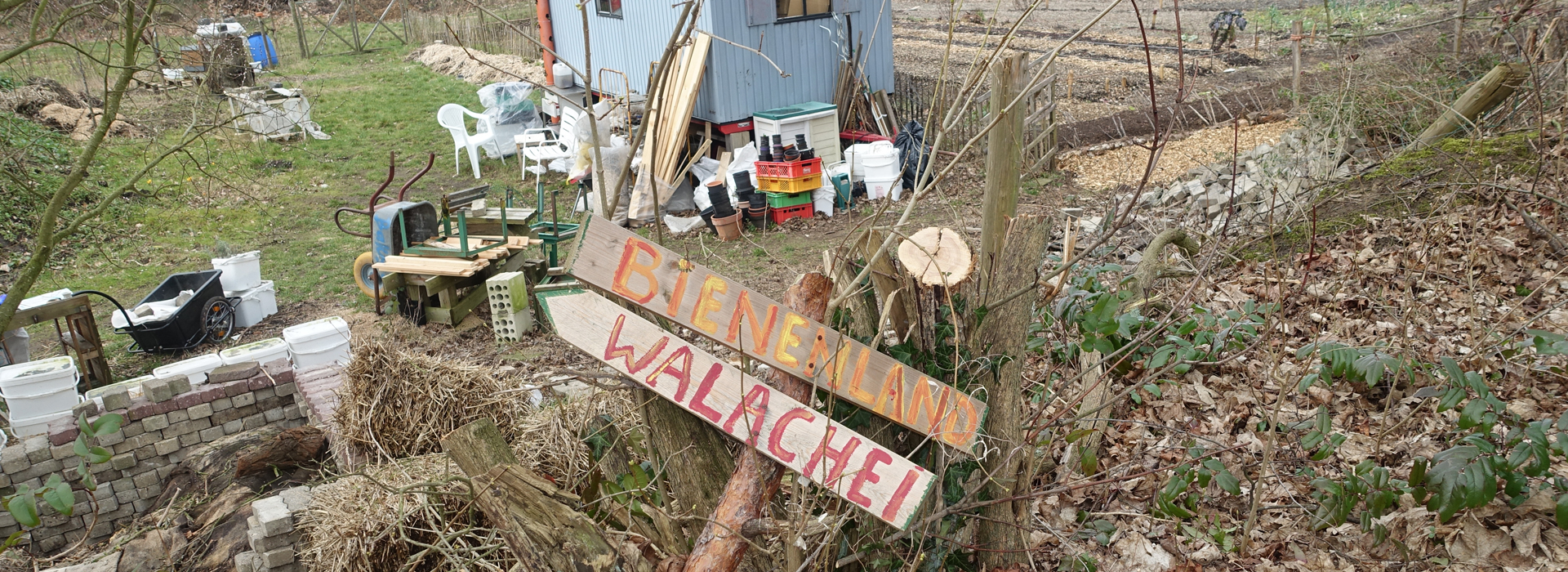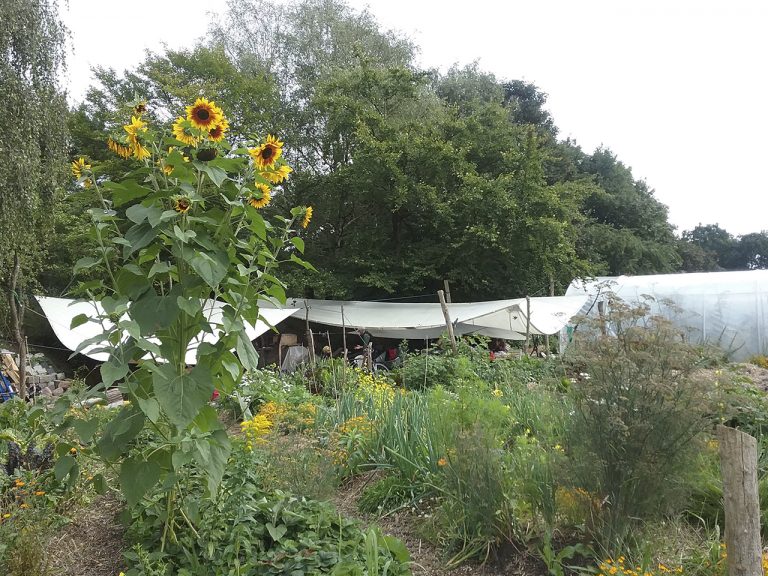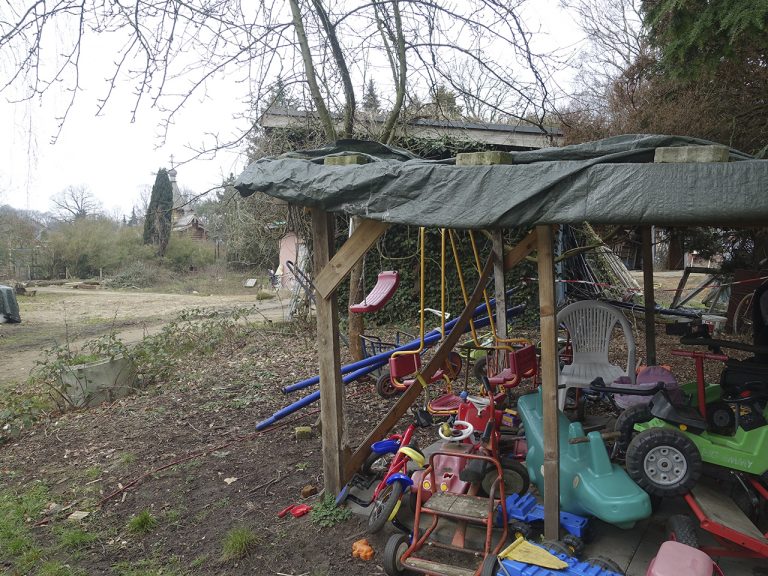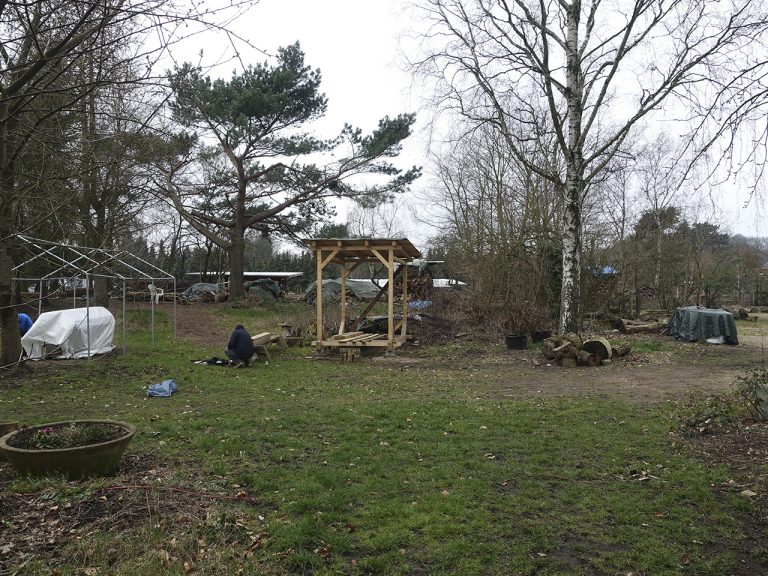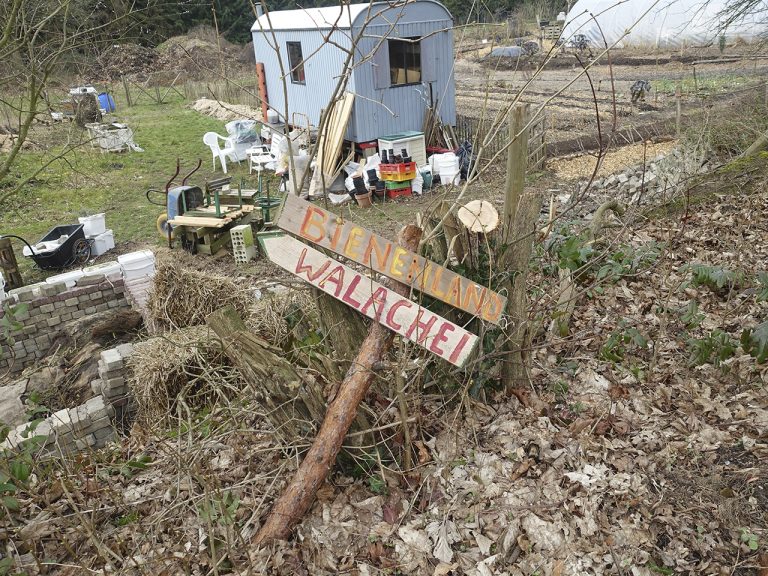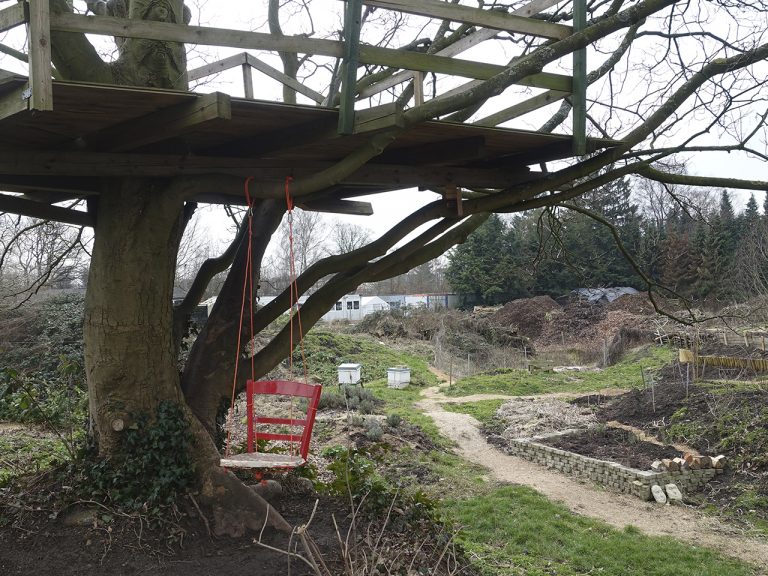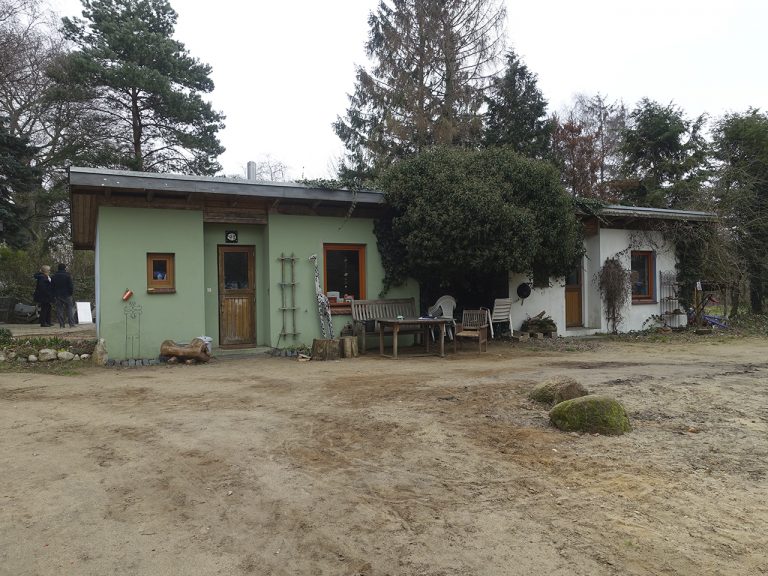Introduction
The Luther Garten is a younger community garden in an eastern part of Hamburg that was founded in 2014. The special feature of this very large garden area of 14,000 m² is that it is part of the administration of the Protestant parish of its Hamburg district. In this context, the possibility for the church in Germany to grant refugees church asylum was combined with the first aims of bringing people together of all origins and religions living in the neighbourhood. There is a small cottage in the garden, in which refugee families are accommodated for the period of their asylum permit (about one and a half years). At the moment only one migrant family at a time is accommodated for this period. Refugees are currently only a small part of the 50 or so people who use the garden for gardening, cultural or spiritual reasons. If guest members or spontaneous visitors are added, around 200 people visit the garden. The garden is administered by Baluga Council who consists of the pastoral church members and residents who are responsible for running the garden, organising events, collecting donations and looking after asylum seekers.

 English
English  Deutsch
Deutsch  Español
Español  Svenska
Svenska 